Grief and placement

I did my placement in a Belfast based media company called ProfileTree. ProfileTree is an award-winning content marketing agency, and they have had clients like National Trust and Crumlin Road Gaol in the past. I worked as part of their videographer team, creating content for their own travel site called Connolly Cove.
In my first blog post I talked about the struggles I faced at the beginning of the placement trying to adjust to the completely online environment and how the placement actually differed from my expectations of it. Since then, I’ve adapted and adjusted and I have learned many new skills on how to create interesting content. For example, I’ve learned to colour grade better through experimenting with different type of footage, and seeing what kind of colours compliment each other as well as what works especially well for travel videos. In addition, I started to experiment with different shots and camera movement as some of my earlier videos looked rather still and similar. I wanted to make as different videos as possible, and I found creating a script before going to shoot, very helpful. This way I wasn’t just taking videos aimlessly, and I didn’t waste time taking footage that ended up being unusable. All these new tactics I used approaching the filming, helped me improve my skills as hopefully the photographs included in this blog can attest to, as all of them are my own.


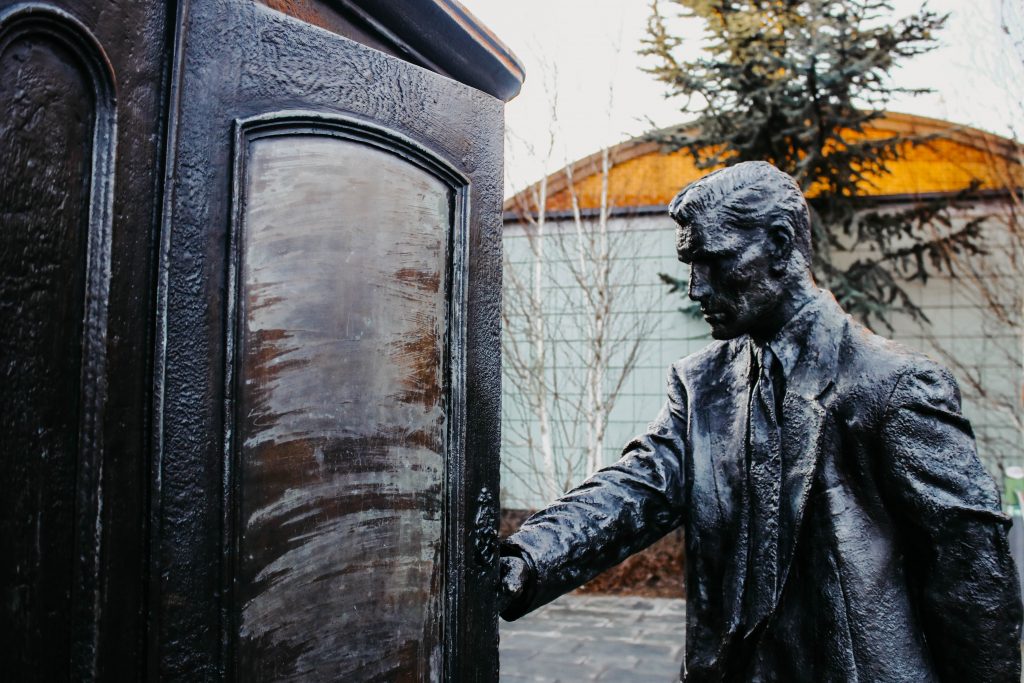
However, although I had adapted to this new environment, I since encountered some new struggles while trying to work hard towards in this role whilst coping with personal hardship and grief which had left me struggling to find the motivation and energy to finish my hours. This has taken a great personal toll and forced me to stop and look at my life and work with a new perspective.
I will use Borton’s model of reflection to learn more of this experience and understand how it affected me. I chose Borton’s model, because for me it gets right to the core of the issues I struggled with, and helps me think about what needs to be changed for the future. Borton’s model “is based on the need of practitioners to operate in the real world of practice – the need to identify, make sense of and respond to real-life situations.”1
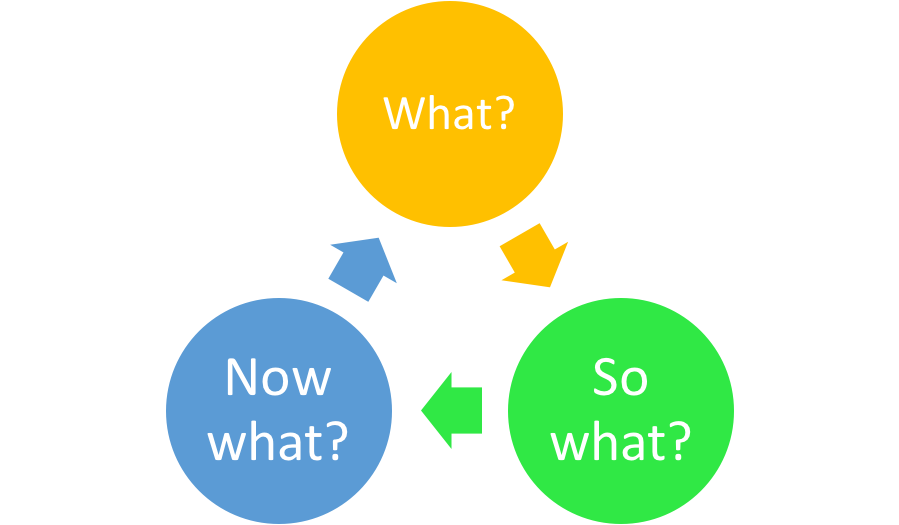
“It is clear here, that the purpose of reflecting is to develop, or change practice. Therefore it does present a framework that bridges the two ERA components of reflective practice and taking action.”
Jasper, ‘Beginning Reflective Practice’3
What?
Well what happened? At the beginning of January I came back to Belfast after spending Christmas back home in Finland. I was excited, but a little nervous about getting all my hours done, because I still had 60 hours to complete by the end of March. But, I was determined to get the hours completed and I had many ideas for videos as part of my proposed action plan, which I was excited about working on. Then it all stopped.
I got a call in the early hours of one January morning telling me that one of my childhood best friends was in terminal care; that I should come home quick if I wanted to say good bye.
I was feeling very distressed and lost, as I went home that morning. Broken because of the situation I was facing, but also very nervous about all the work I was leaving behind me to Belfast. I couldn’t help but feel like this was the worst possible time for anything like this to happen. I felt the need to take time out for myself, but couldn’t justify it because of all the work I had to get done. I really wanted to impress my placement provider, and I was afraid this sudden return home was going to put me into a bad light. Looking back now, it was foolish of me to not take more time off immediately to look after myself as the hopeless feeling only grew more as time went by. I was trying to make some kind of sense out of all the emotions I was feeling. I tried to identify my feelings with the 5 different stages of grief theory, but it felt like I was going through all of them at once. “So much for the theories but what are the facts? The fact is that grief is potentially the worst emotional pain any of us may suffer”4, explains Mary Jordan in her book about life after bereavement. This is exactly what I was feeling: the worst emotional pain that paralysed me.
“No matter how prepared you think you will be, or think that you are, when someone dies you may find that logic and emotion are not always the best bedfellows.”
Mary Jordan, “The Essential Guide to Life after Bereavement : Beyond Tomorrow“5
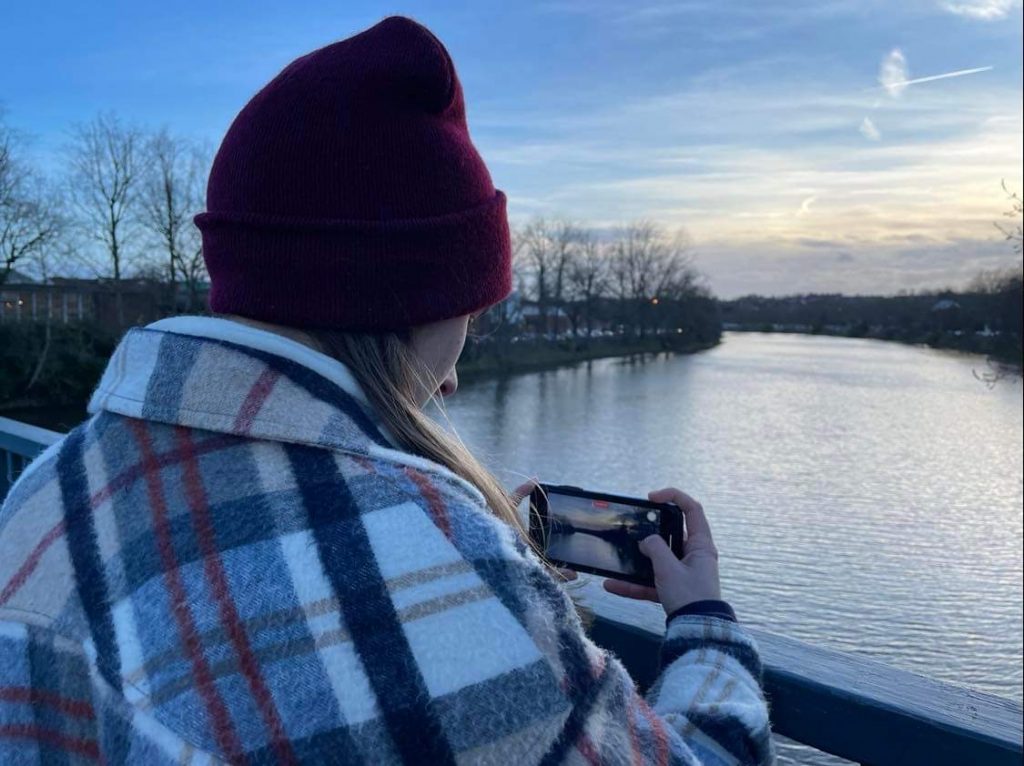
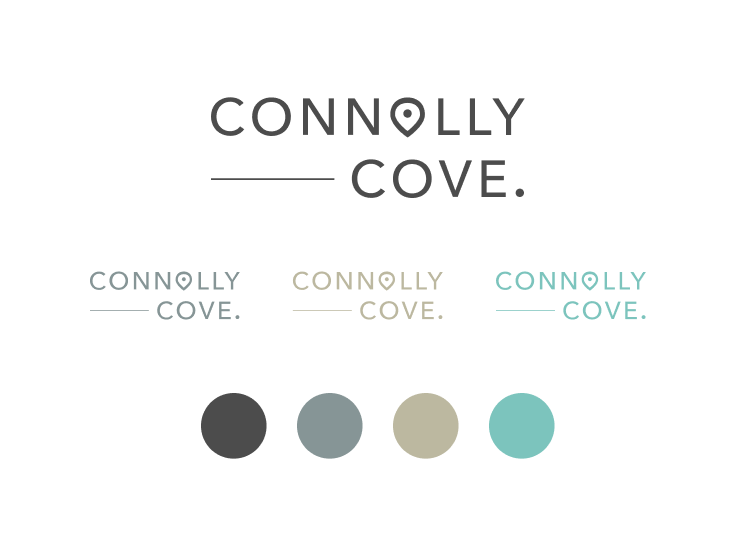
So What?
So what is the importance of this? This really taught me a lot about myself and how important it is to listen to my mind when it needs to take a break. I returned to Belfast just days after I had seen my friend at the hospital. I was trying to justify this to myself by saying that I needed a distraction from it all and that I couldn’t afford to take time off, I thought that I would seem lazy. “Following bereavement people are encouraged either in some sense to return back to the life they had before, or to move on, as though grief is an experience that casts people outside of what is considered the normal realm of experience”6, Caroline Pearce describes the way society expects people to deal with their grief. I found it hard to even tell my friends in Belfast what had happened, because I was afraid they would think I would not be able to handle all of my work and I would appear weak. When in fact, I absolutely couldn’t handle all of my work, and I was only doing harm to myself.
I emailed Gabbi, the woman who was my first point of contact in ProfileTree immediately when I heard the news. She was incredibly understanding and offered her support. She assured me no one was expecting me to be back so early and she would do everything she can do see if I could push my deadline to finish the hours any further. This was really reassuring, and made me relieved I decided to be honest about what was going on, instead of trying to hide it.
For some reason I still couldn’t give myself a break and I kept pushing myself like nothing had actually happened. When my friend passed away at the beginning of March, I fell into a depressive episode, when I was only 7 hours away from finishing my placement hours. I pushed through those hours because I didn’t want to appear weak, but I realised I had to stop and give myself a break after that.

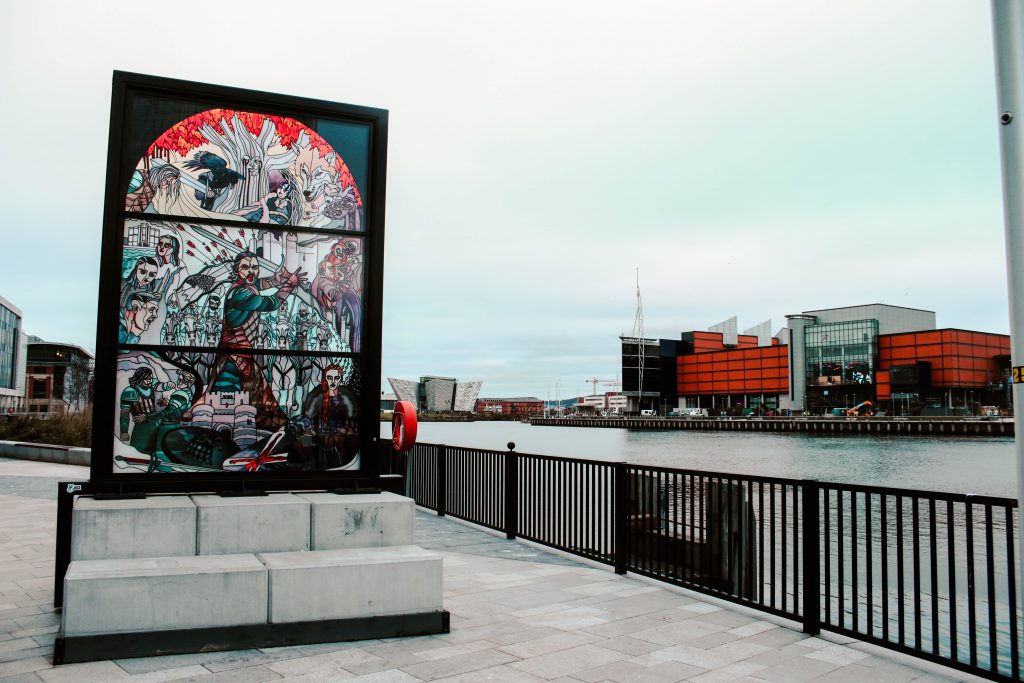

Now What?
Now what should I do differently in the future? I need to understand the importance of giving myself time and space. I’m too concerned with what people think about me to focus on what actually matters, my own health. I’m lucky I’ve never encountered grief like this in my life before, and losing someone so young and so close to me felt so unrealistic. I found it very hard to engage with my grief at first, because it didn’t feel like something that was actually happening. First time coping with the grief, came with a lot of learning on how to cope with it and how to actually come to terms with it. “The truth is that in some ways we never come to terms with the death of someone close. That death becomes part of what makes us who we are. In this sense it is always with us and is always a part of us, it shapes us and colours our outlook on the world”7 Mary Jordan explains. This was the hardest part for me to accept; that life would never be the same again.
I should’ve communicated to my placement better, about the struggles I was facing. After the initial email I sent, I never mentioned the matter again, I just put on a brave face hoping it’ll go away. This isn’t a healthy approach, especially because my placement was trying to offer me as much support as I needed, I should’ve just taken it. But I found it really hard to open up about something so private to people who I had only worked with for a couple of months. Talking about losing someone so close to me to people who had never even met the person I was mourning, felt so hard. It was hard to be vulnerable like that and it felt easier to just pretend I was okay, I kept thinking no one would truly understand anyway, so it was just better to keep going. In the future I will know to try to be more vulnerable, because talking about the matter and accept the help I’m offered, is the only way to accepting what has happened.
“It is inconceivable to most of us that we may go out to work today and not come back, and we certainly don’t often consider that one of our family members or friends may do the same.”
Mary Jordan, “The Essential Guide to Life after Bereavement : Beyond Tomorrow“8
I’ve now completed all of my hours and I’m delighted with my placement. I’ve learned valuable things about working as a freelancer, such as how important good communication skills are and how to work on my own with no specific guidance. My time management skills have improved and I’ve generated a portfolio of videographer work to show to prospective employers in the future. My placement provider was also very pleased with me praising me for my very good communication throughout the placement and the quality of my work. Networking was one of the things I wanted to get out of my placement as it is vital in the field of work I’m hoping to go into, and I’m pleased I have made many very helpful contacts for my future. For instance, my placement provider has also promised to be my reference while applying for future industry jobs and they’re keeping me in mind for future open videographer positions.
Bibliography
- Jasper, M. Beginning reflective practice (Links to an external site.). (Melbourne & London: Cengage Learning, 2013) pg. 99
- Image of the Borton’s Model: https://www.bristolcbt.co.uk/on-reflection-part-3-reflection-as-a-skill/
- Jasper, M. Beginning reflective practice (Links to an external site.). (Melbourne & London: Cengage Learning, 2013) pg. 100
- Jordan, Mary, The Essential Guide to Life after Bereavement : Beyond Tomorrow (Jessica Kingsley Publishers, 2013) ProQuest Ebook Central, http://ebookcentral.proquest.com/lib/qub/detail.action?docID=1163696.
- Jordan, Mary, The Essential Guide to Life after Bereavement : Beyond Tomorrow (Jessica Kingsley Publishers, 2013) ProQuest Ebook Central, http://ebookcentral.proquest.com/lib/qub/detail.action?docID=1163696.
- Pearce, Caroline, Introduction: Recovering Normal. In: The Public and Private Management of Grief (Palgrave Macmillan, Cham. 2019) https://doi-org.queens.ezp1.qub.ac.uk/10.1007/978-3-030-17662-4_1
- Jordan, Mary, The Essential Guide to Life after Bereavement : Beyond Tomorrow (Jessica Kingsley Publishers, 2013) ProQuest Ebook Central, http://ebookcentral.proquest.com/lib/qub/detail.action?docID=1163696.
All other photos/videos in this blogpost are my own work.


